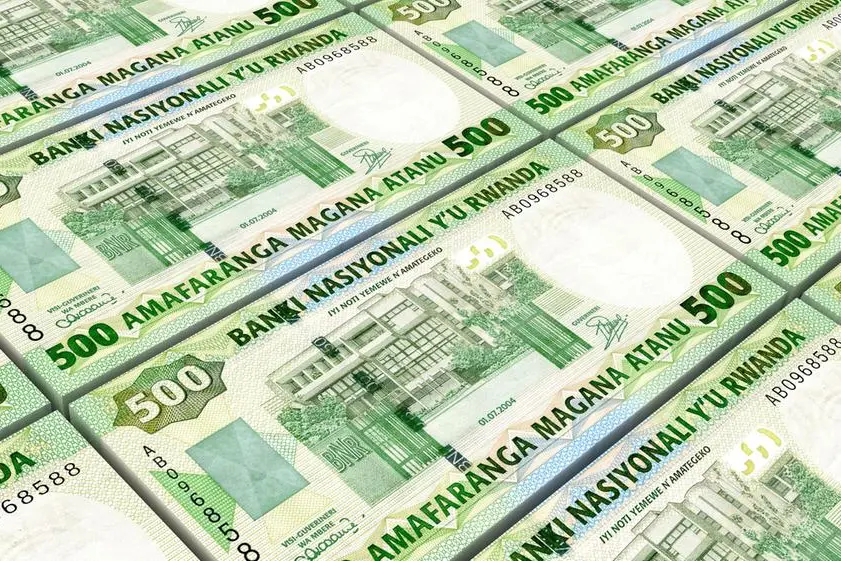PHOTO
The National Bank of Rwanda (NBR) has attributed the prevailing dollar shortage in the country to increased demand since August 2024, driven by seasonal effects and booming of economic activity associated with the festive season.
The NBR says goods for the festive season are typically imported between October and mid-November, contributing to the rise in demand for dollars.“As the regulator of the foreign exchange market, the National Bank of Rwanda conducts FX market surveys on a quarterly basis and is fully aware of the current situation,” it said in an emailed statement to The EastAfrican.
It was responding to a story published in theeastafrican.co.ke, in which Rwandan traders voiced their frustrations in accessing dollars, amid a biting shortage and mushrooming of a black market, where the exchange rates are exploitative.
The regulator says it seeks to wipe out malpractices in the sector, which are blamed for the escalation of the problem.
Last year, it sanctioned two banks and suspended six bureaux for 90 days for “lack of professionalism, transparency, and non-compliance.”“Today, no forex bureau is under suspension. However, we continue to actively conduct inspections and work with law enforcement authorities to prevent illegal trading and combat speculative tendencies. We urge all business operators to trade at the published rates and ask for receipts whenever they perform foreign exchange operations.”To mitigate market volatility, the central bank says it has increased its dollar sales from $5 million to $7 million.
On the franc’s decline, the NBR blames the global trend attributed the US Federal Reserve’s interest rate hikes aimed at controlling inflation.“The Rwandan Franc has followed this global trend, depreciating more rapidly during this period. Additionally, the performance of the external sector remains a key determinant of currency value,” the NBR said. “Although the current account deficit widened this year, the rate of depreciation has stabilised compared to last year, following inflows from FDI (foreign direct investment) and remittances.”As of September 2024, the franc had depreciated by 6.5 percent, but the NBR says this is a significant improvement compared with the 13.5 percent depreciation recorded during the same period in 2023.
The central bank sought to allay fears of rising inflation due to the depreciating currency, noting that “forex rate fluctuations, aligned with supply and demand factors, and a reasonable level of depreciation are necessary to enhance the competitiveness of our exports.”“Our monetary policy stance remains aligned with inflation forecasts for 2024 and 2025, which project a positive outlook. Inflation is expected to remain around 5 percent, with last month’s rate standing at 2.5 percent, down from 5 percent recorded in August. These economic indicators reflect our commitment to maintaining stability while fostering sustainable growth.”It said it will keep monitoring the situation and make interventions where necessary.
© Copyright 2022 Nation Media Group. All Rights Reserved. Provided by SyndiGate Media Inc. (Syndigate.info).





















